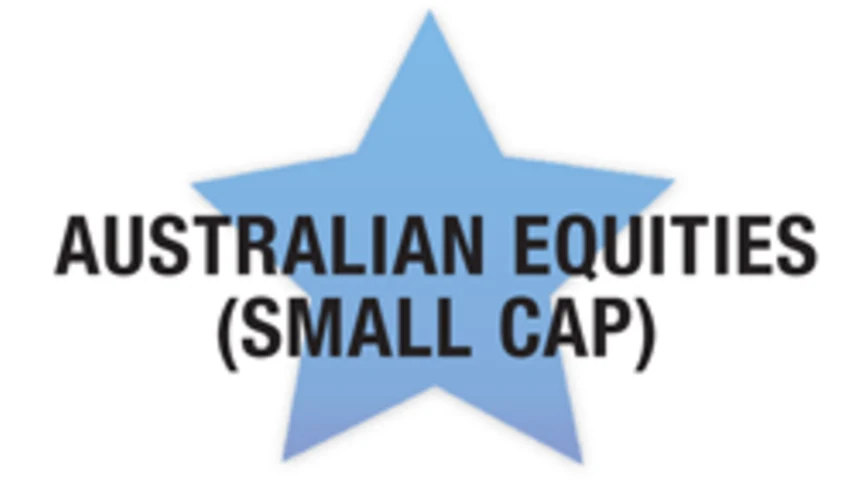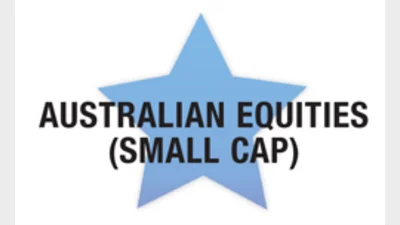Hyperion Asset Management sets itself apart from competitors



Focusing on quality companies with high equity returns and strong balance sheets helped set former finalist Hyperion Asset Management apart from its competitors in the Australian Equities (Small Cap) category of the 2010 Money Management/Lonsec Fund Manager of the Year, according to Hyperion director Manny Pohl.
“Hyperion has generally had a huge tailwind through the global financial crisis. And the tailwind has been because our focus has been on quality companies.
“It’s companies that have a return on equity greater than 15 per cent, with strong balance sheets and a growing revenue line,” he said.
Hyperion’s team of six different investment professionals focus on all stocks in every portfolio, taking all potential investments and stripping out the companies that don’t comply with their quality criteria, Pohl said.
The result is a six-sided approach to each company to find different weaknesses, Pohl said.
“Everyone in the investment team has a different background, and a different mindset, and I’m looking for them to look at each of the companies differently.
“What’s been a disaster over the past 18 months is liquidity issues leading to insolvency, whereas the companies that we focus on don’t have that at all,” he said.
“What that means through the financial crisis is that these companies don’t need to go to the banks with cap in hand, they don’t need to raise money in the market, and they continue to grow through their own resources.”
That six-pronged focus has meant a 76 per cent return in 2009, outperforming the Australian Securities Exchange by more than 18 per cent. Its performance was driven by companies such as Seek, JB Hi-Fi and IRESS.
A strong three-pronged investment team is also the secret behind runner-up Aviva Investor’s Prof Small Companies fund, according to portfolio manager Stuart Wilson.
Wilson said Aviva could devote more resources and do more detailed work on a broader range of Australian companies with three investment managers.
“It’s a question of resourcing, but also the skills of the people too,” he said.
The longevity of the fund may also have been a factor in being named a finalist, Wilson said.
There have been no departures from the team since the fund was launched a decade ago, he added.
Portfolio manager Paul Dewar said three people could have broader coverage in the sector, as well as a dedicated back-up on every stock.
The investment strategy has been consistent over those years, he added.
The fund managers for finalist Pengana Capital’s emerging companies fund, Steve Black and Ed Prendergast, are part owners and investors in the fund, giving a strong incentive to perform. Together they have 30 years’ experience in investment. The fund outperformed the index by more than 11 per cent over six months to March 2010.
Recommended for you
Financial advisers have expressed concern about the impact including private market exposure is having on their tracking error budget, according to MSCI.
State Street will restrict its membership of global climate alliance Net Zero Asset Managers after the organisation dropped its flagship 2050 goals amid ESG backlash from the US.
Betashares has launched a global shares and a global infrastructure ETF as part of the firm’s strategic expansion strategy to support financial advisers in building more diversified portfolios.
Global asset manager Janus Henderson could be acquired after receiving a non-binding acquisition proposal jointly from a private investment firm and venture capital firm.











